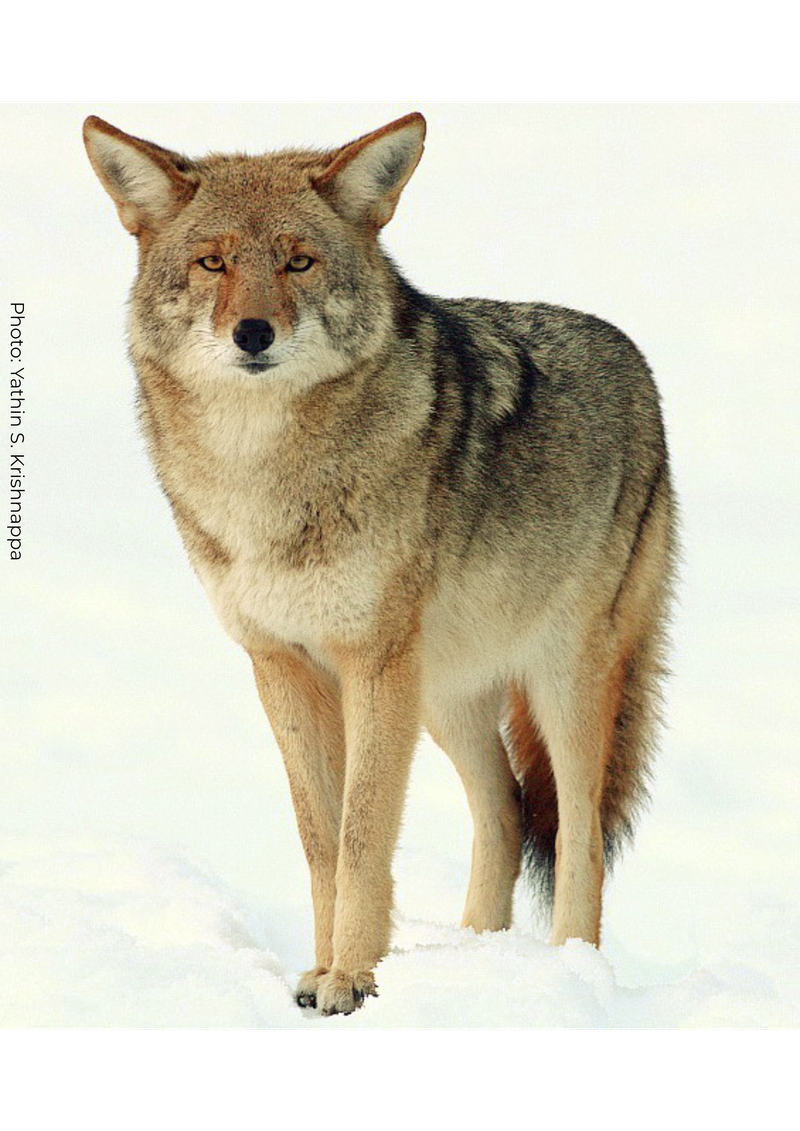


Conflict between livestock producers and wild predators is a central driver of large predator declines and simultaneously may imperil the lives and livelihoods of livestock producers. There is a growing recognition that livestock-predator conflict is a socio-ecological problem, but few case studies exist to guide conflict research and management from this point of view. Here we present a case study of coyote-sheep predation on a California ranch in which we combine methods from the rapidly growing field of predation risk modeling with participatory mapping of perceptions of predation risk. Our findings reveal an important selection bias that may occur when producer perceptions and decisions are excluded from ecological methods of studying conflict. We further demonstrate how producer inputs, participatory mapping, and ecological modeling of conflict can inform one another in understanding patterns, drivers, and management opportunities for livestock-predator conflict. Finally, we make recommendations for improving the interoperability of ecological and social data about predation risk. Collectively our methods offer a socio-ecological approach that fills important research gaps and offers guidance to future research.